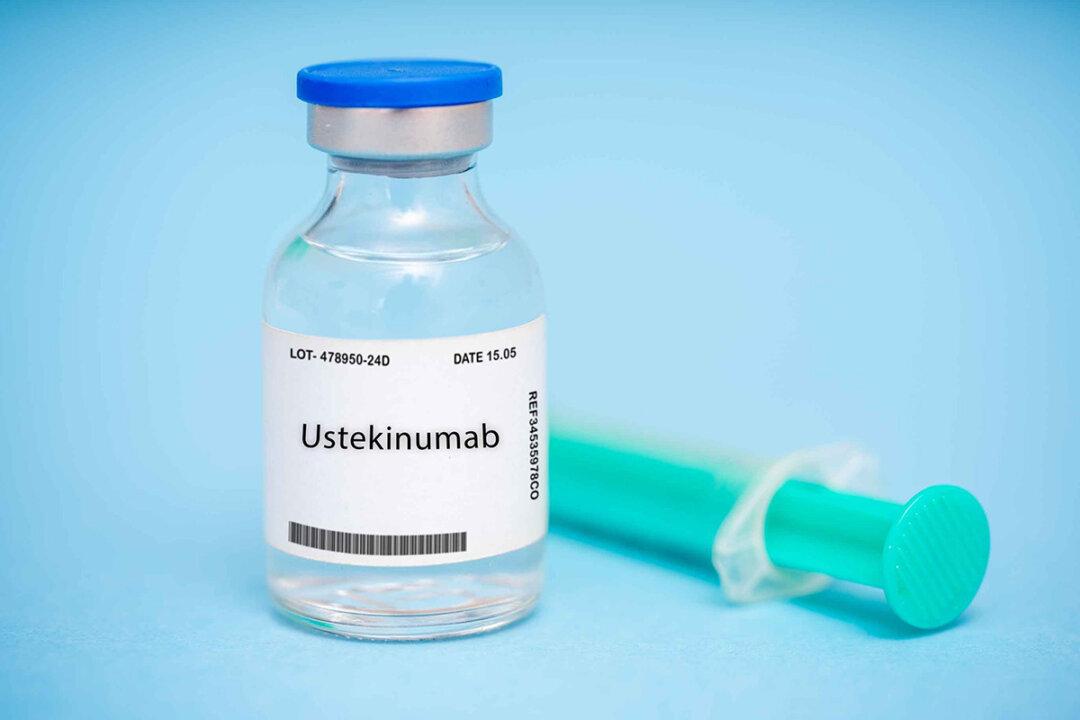A new report published in the British Medical Journal reveals that over half the doctors who contributed to the newest edition of the American Psychiatric Association’s (APA) Diagnostic and Statistical Manual of Mental Disorders (DSM) received millions of dollars as a result of conflicts of interest.
The DSM is the industry standard used to establish symptom criteria and psychiatric disorders. It plays a role in approving new drugs and patents and can hold sway over payers and mental health professionals looking for third-party reimbursements.
Establishment and Evolution of the DSM
The first DSM was published in 1952 by the APA. The manual was primarily intended to help classify and organize the issues veterans coming out of World War II were experiencing.Over the next 40 years, the APA appointed groups to revise the DSM and issued three more versions. The DSM-4 was published in 1994. The manual was a six-year effort involving over 1,000 people from multiple professional and health care organizations.
Conflicts of Interest Abound in DSM-5
The researchers found that of the 168 individuals who served on either the DSM panel or as a task force member, 92 met the inclusion criteria. Among them, 55 had ties to industry that resulted in payments totaling over $14.2 million. The bulk of the payments made to the 55 contributors went to research (71 percent), “other payments” (13 percent), consulting (8 percent), or travel (5 percent).Nineteen panel members also received payments for services other than consulting, including being a faculty member or speaker at a continuing education program.
Overall, the most common type of payment received was for food and beverages (totaling $89,506), followed by travel ($684,622) and consulting ($1,178,603).
Of interesting note: Certain psychiatric disorders in the DSM had a high concentration of authors with conflicts of interest, while other psychiatric disorders had few. For example, contributors working on gender dysphoria and eating, anxiety, and paraphilic disorders reported no conflicts of interest. However, groups working on disruptive, sleep-wake, and medication-induced disorders received at least $1 million. The contributors working on medication-induced disorders received over $8.4 million in undisclosed funding.
Protecting the Public From Industry Influence
Ms. Davis and her team suggest that individuals who participate in DSM updates should be held to rigorous standards to avoid conflicts of interest. For example, no DSM panel member should be part of the pharmaceutical speaker bureau, a group of experts in the pharmaceutical industry.Additionally, individuals with conflicts of interest should be prohibited from serving on the panel. The researchers noted that if a working group lacks expertise and needs to consult with industry experts, the experts should not have decision-making powers.
“As leaders in evidence-based medicine have argued, guideline writers should be free of financial relationships with industry, especially those writers who are responsible for the preeminent psychiatric diagnostic manual in the world,” Mr. Piper said.






